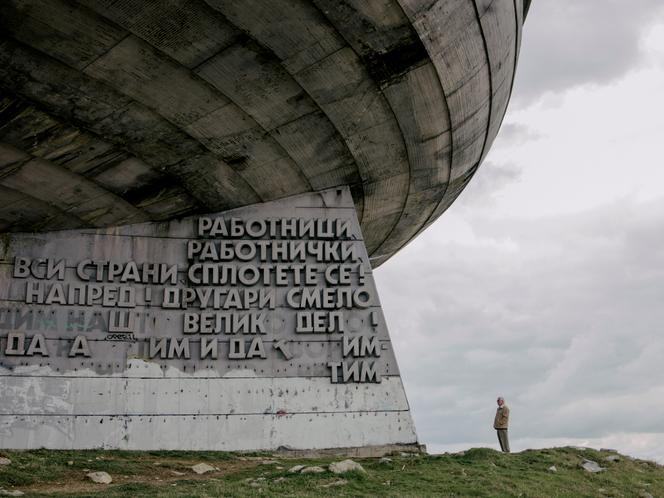


Hungary's prime minister can rub his hands in delight. Buoyed by Donald Trump's eagerness to negotiate peace in Ukraine with Vladimir Putin behind the backs of Kyiv and the European Union (EU), of which his country is a member, Viktor Orban has welcomed Russia back into the big game. "If the US president comes along, makes peace and reaches an agreement, I think Russia will be reintegrated into the world economy, reintegrated into the European security system, and even into the European energy and economic system," he said on Magyar Radio, the state radio, on Friday, February 14.
The bogging down of the conflict, the fatigue of public opinion and the fear of escalation are all working in Moscow's favor, to the detriment of Brussels. A dividing line is opening up in Europe between the governments determined to protect themselves from the appetites of the Russian predator, such as Poland and the Baltic countries, and those advocating appeasement with Putin's regime. First made up of Hungary and Slovakia, to which may be added an increasingly hesitant Bulgaria and Serbia, which is not a member of the EU but historically close to Russia, this camp could expand with the crucial elections scheduled for this year in Germany, the Czech Republic and Romania.
You have 93.58% of this article left to read. The rest is for subscribers only.
